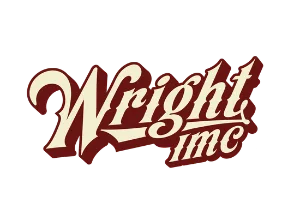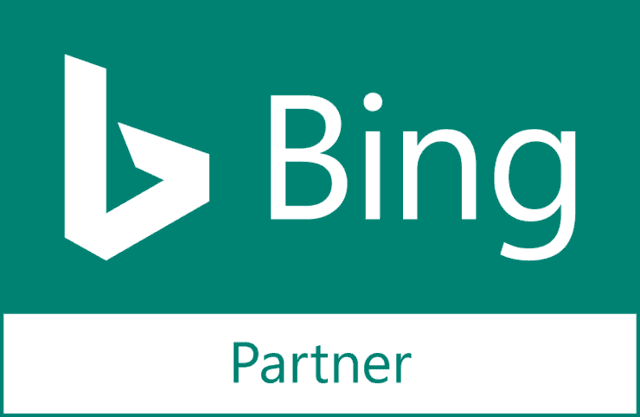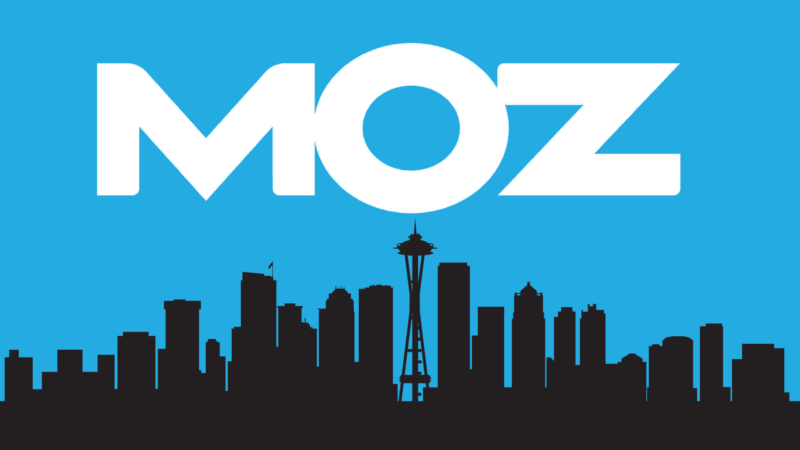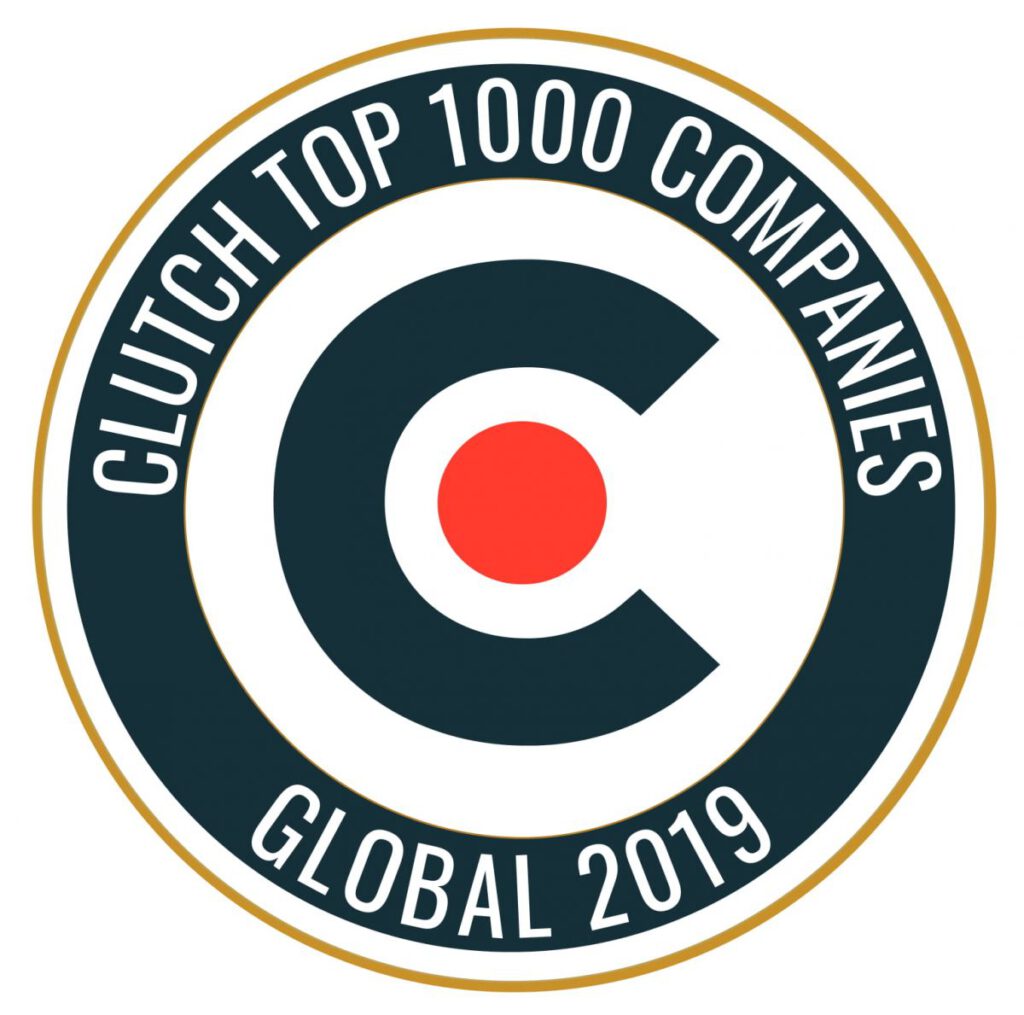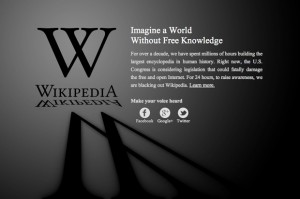
The charitable take on these bills is that they are well-intentioned, but misguided attempts to reduce the very real problems of stolen or pirated music and movies, as well as the online sale of counterfeited merchandise of all shapes, sizes, and values. I’m not feeling terribly charitable today, though.
These bills are not well-intentioned – they’re strong-arm tactics, written at the behest of music, movie and other industry lobbyists, that attempt to get search engines and other sites to police the web, rather than having law enforcement or the industries themselves do it. And, the bills allow due process to be subverted while punishing sites where a user might post a link to a pirate site or content, instead of punishing the pirates.
There are enough laws in existence that pertain to intellectual property, which if properly enforced, can do what needs to be done. Rather than imposing new laws, law enforcement needs more resources and an expedited due process to allow the blocking and removal of stolen content – not to mention an international effort to punish thieves.
Here’s an analogy I’m all too familiar with from my American Airlines days: Prior to Sept. 11, 2001, there were plenty of laws to stop terrorism and punish those who committed it. But, the onus to enforce certain preventive steps were placed on airports and airlines – businesses that are good at moving passengers but bad at enforcing security laws. There was no lack of laws, but there was a lack of resources. With the creation of the Transportation Security Administration (TSA) and Homeland Security, clearly enough resources are in place to enforce security laws and even prevent terrorism – measured by our national security since then.
Perhaps the creation of an “IPSA” that could better enforce existing laws (funded by a tax on music, movies, and goods manufacturers – like the tax airline passengers pay) is a better model for stopping online theft than trying to force Google and Facebook to become policemen. We know that won’t work.
Here’s how you might be able to help:
1) If you download illegal copies of music and movies, you are a thief. If you buy a fake Gucci bag, you are a thief. Do not do these things. Do not try to justify it because of your financial situation compared to that of musicians or artists or designers. Quit stealing and pirates will lose their markets. Then crazy lobbyists will quit trying to make laws that harm your personal liberties.
2) Tell Congress to find a better way to prevent intellectual property theft:
Here’s how WrightIMC helped – >a letter to Congress< that we helped write for the Search Engine Marketing Professional Organization (SEMPO).
